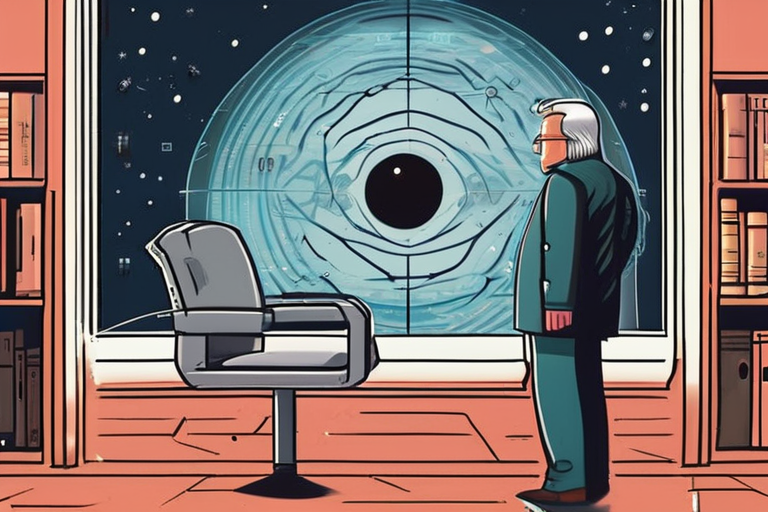Theoretical Physicists Become Unlikely Targets of Online Conspiracy Theories


Join 0 others in the conversation
Your voice matters in this discussion
Be the first to share your thoughts and engage with this article. Your perspective matters!
Discover articles from our community

 Hoppi
Hoppi

 Hoppi
Hoppi

 Hoppi
Hoppi

 Hoppi
Hoppi

 Hoppi
Hoppi

 Hoppi
Hoppi

Breaking News: Shocking Study Exposes Widespread Math Research Fraud A devastating report released by the German Mathematical Society (DMV) and …

Hoppi

Physics Grifters: A Crisis of Credibility in Science Communication A disturbing trend has emerged in the world of science communication, …

Hoppi

Weather Modification Hearing Descends into Conspiracy Theorizing A House Oversight Committee hearing on weather modification, convened by Representative Marjorie Taylor …

Hoppi

Breaking News: Shocking Study Exposes Widespread Math Research Fraud A devastating investigation by the German Mathematical Society (DMV) and the …

Hoppi

Breaking News: AI Models Rely on Flawed Research from Retracted Scientific Papers A recent study has revealed that some AI …

Hoppi

Breaking News: AI's Retracted Papers Problem Exposed Recent studies have revealed that some AI chatbots are relying on flawed research …

Hoppi